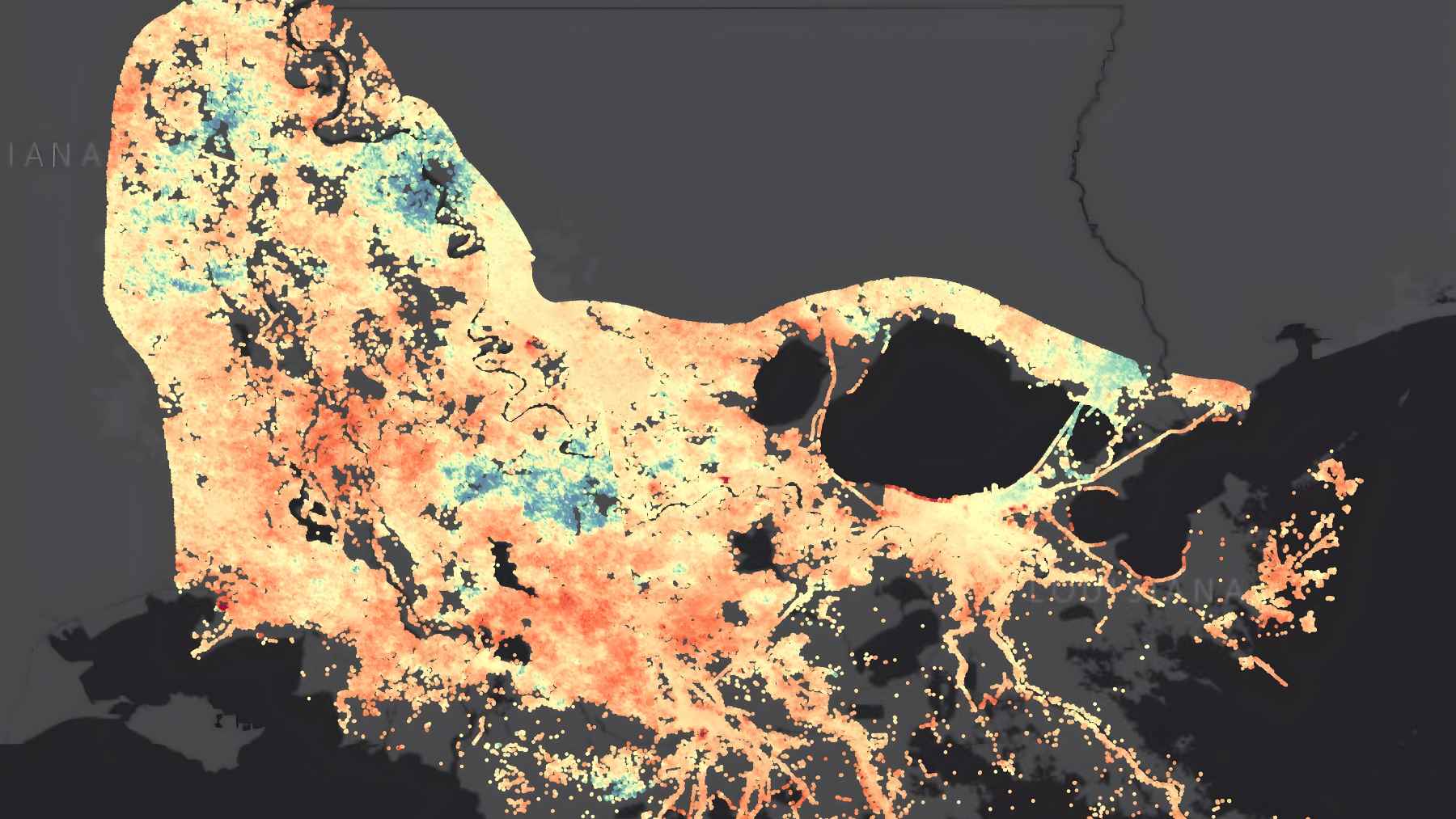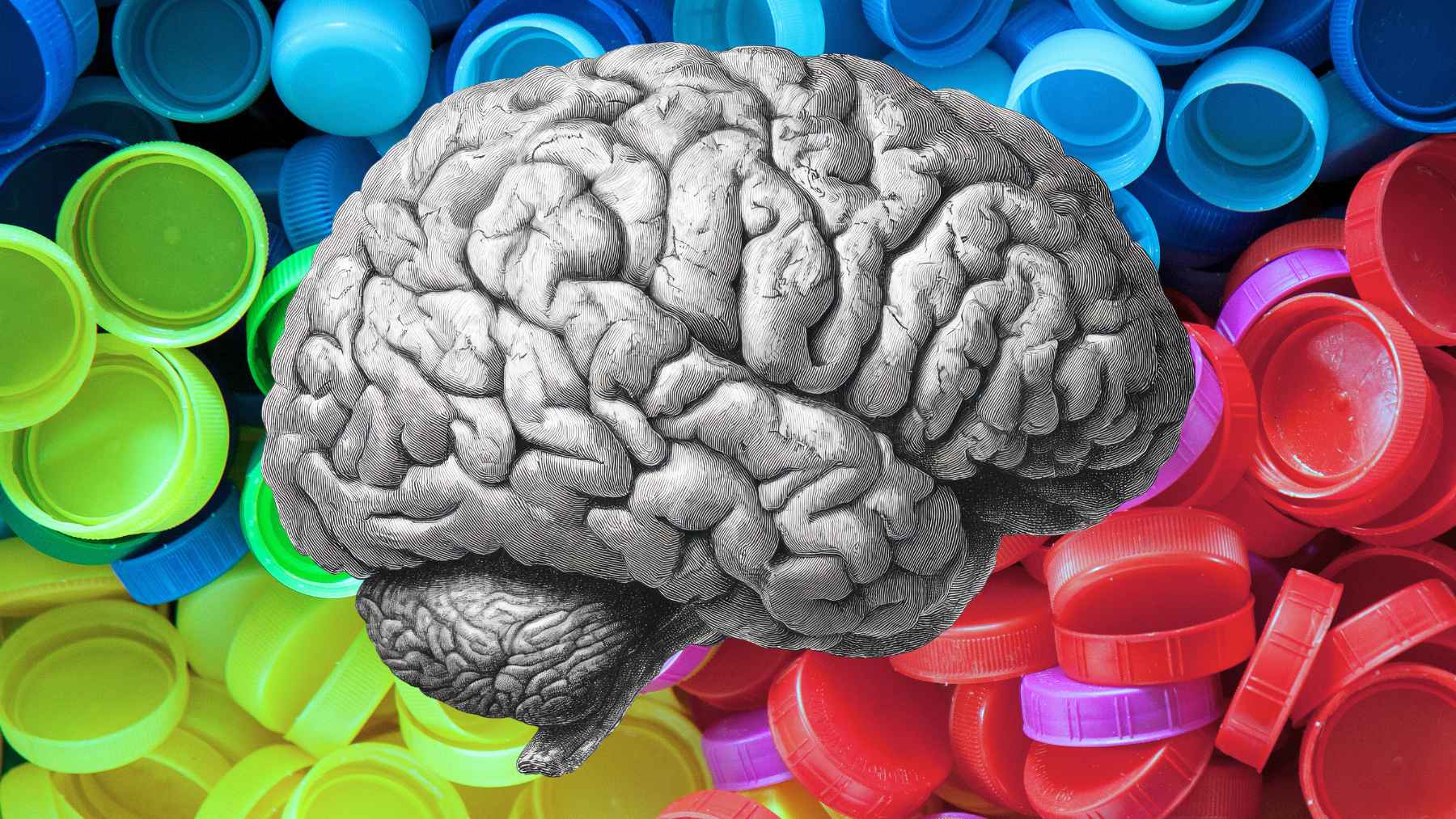Make sure that you have submitted your application to receive this payment; the deadline is October 31. With Halloween kicking off the start of the holiday season, many individuals can expect to receive the last of their annual tax rebates and stimulus payments to be distributed before the end of the year. These final payments may provide a much-needed boost to cover additional holiday season expenses such as travel and gift costs. Check now to see how to claim your payment.
More payments are coming this holiday season
This year, a variety of rebates and stimulus payments have continued to be distributed by states to their citizens. These payments originate from a range of programs, with some being well-established and expected by residents each month, with others being newly introduced and only intended to be sent on a one-time basis.
New York State citizens have been particularly affected by these payments this once. Notwithstanding the annual income rebate payments, which all residents qualify for if they have overpaid their state income tax liability, New York authorities have been underway on introducing brand-new payment initiatives to assist citizens with offsetting the high cost of living in the state. New York consistently ranks as one of the most expensive states in the country to live in, not to mention being home to New York City, which often takes the top spot for the city with the highest cost of living.
Two payments which New York citizens can expect to receive before the end of this month, provided that you qualify, include the School Tax Relief (STAR) program payments and the brand-new inflation rebate checks. While STAR is a well-established program that offers annual rebate payments for eligible New York homeowners on their property taxes, the inflation rebate checks were newly introduced this year. Payments began to be distributed from September of this year, with eligible residents receiving up to $400 to assist in covering the increase in expenses due to inflation.
The deadline is October 31 to apply for this payment
Residents originating from New York’s neighbour, New Jersey, can also expect to receive a new payment in the next few weeks. The New Jersey Division of Taxation has recently begun the process of releasing the state’s annual Affordable New Jersey Communities for Homeowners and Renters (ANCHOR) program stimulus payments. The program is similar to New York’s STAR program, whereby Jew Jersey homeowners and renters can receive a tax break from their property taxes.
“The ANCHOR program continues to ease property tax burdens for millions of residents, and I’m grateful to Treasury staff for ensuring this process is simple and efficient” said Gov. Phil Murphy.
The deadline is October 31 to apply for the program. Payment amounts will depend on your annual household income as well as the number of dependents in your household. One of the highest payments eligible residents could receive amounts to $1,750, provided that you meet all qualifying criteria. To receive this payment, you must be over the age of 65 years old, be a homeowner and resident of New Jersey, and receive an annual income of less than $150,000.
Payment amounts will depend on your household income
Other payment amounts you can expect from ANCHOR include:
- Homeowners age 64 or younger: $150,000 or less will receive $1,500
- Homeowners age 64 or younger: $150,001 to $250,000 will receive $1,000
- Homeowners age 65 or older: $150,001 to $250,000 will receive $1,250
Additionally, renters can also qualify for payments, with those being younger than 64 years old qualifying to receive $450 while those older than 65 will receive a payment of $700. Once you submit a successful application, you can expect your payment to be distributed to you within 90 days. With homeowning and renting becoming increasingly significant expenses for residents to cover, these rebates are sure to be a much-welcomed relief.
Disclaimer: Our coverage of stimulus checks, tax reliefs, tax rebates, tax credits, and other payments is based on the official sources listed in the article. All payment amounts and dates, as well as eligibility requirements, are subject to change by the governing institutions. Always consult the official source we provide to stay up to date and obtain information for your decision-making.














